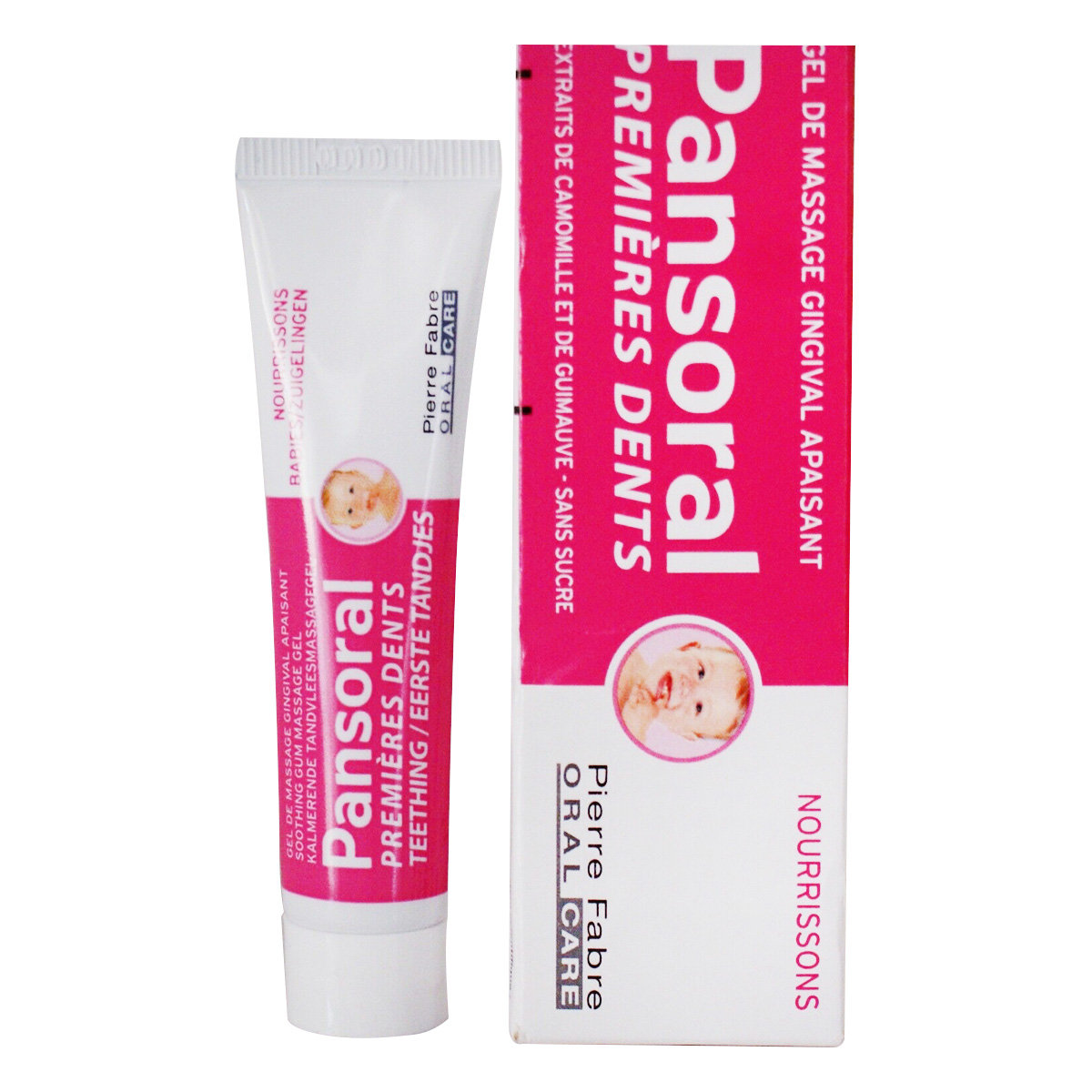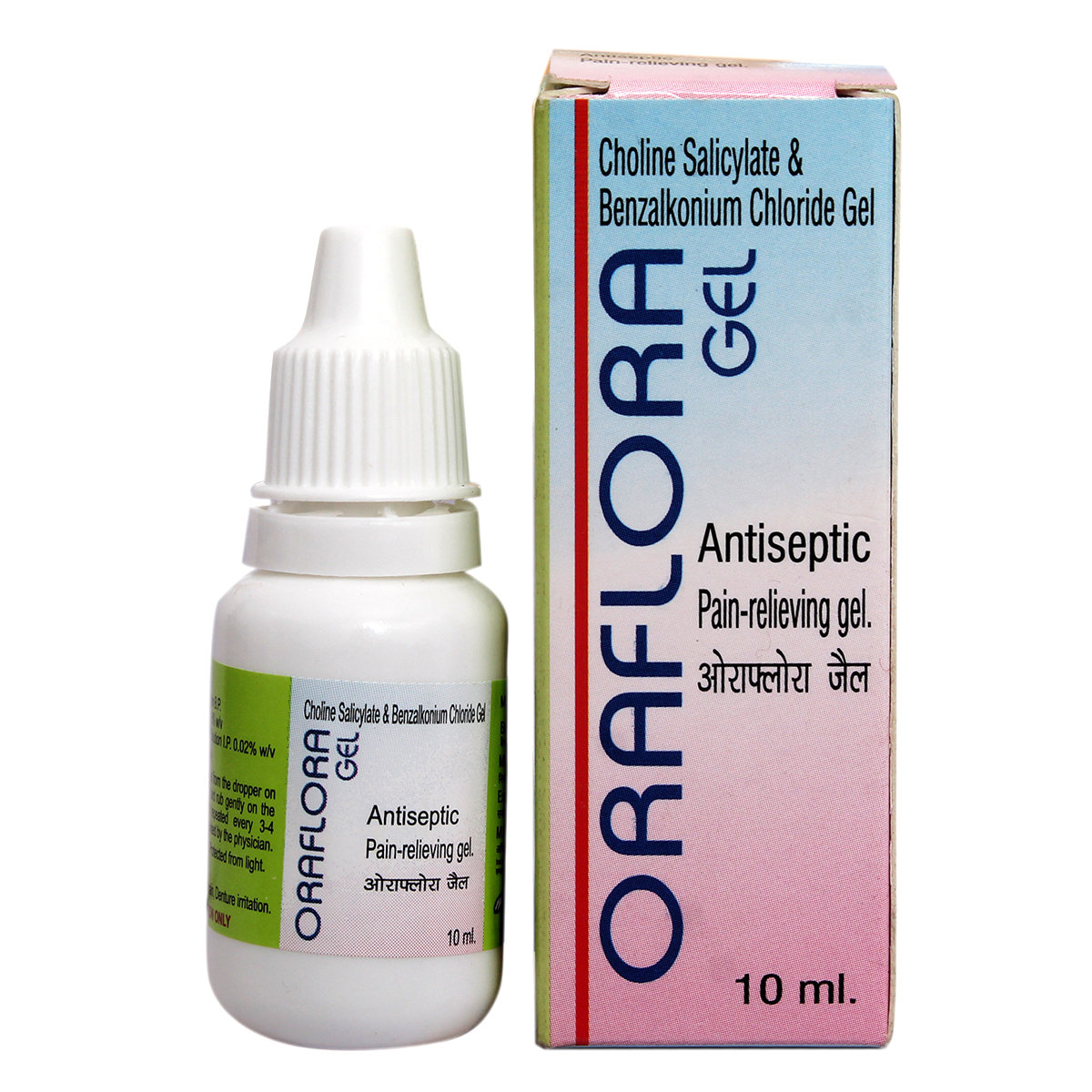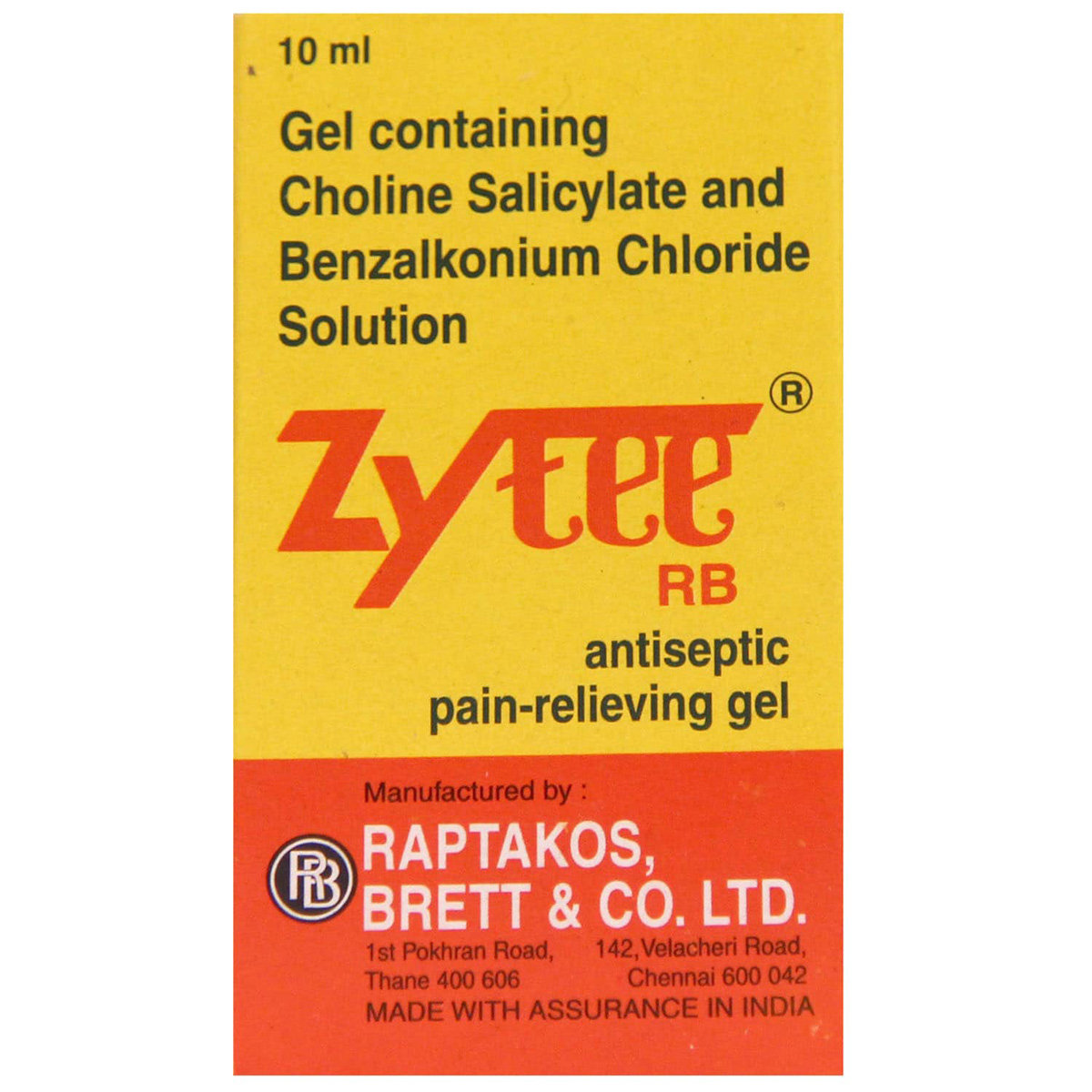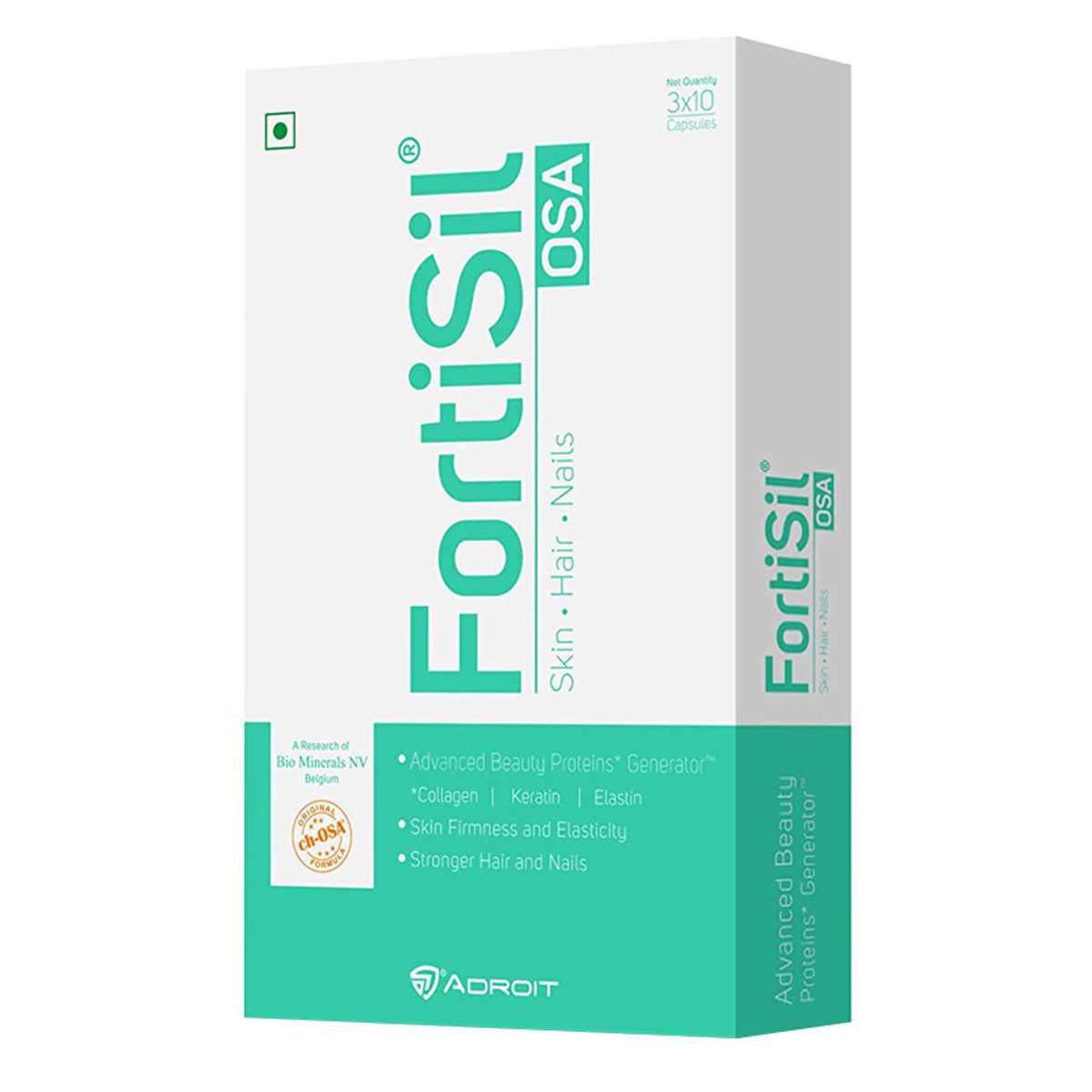Choline Salicylate
About Choline Salicylate
Choline Salicylate used to treat mouth ulcers. Choline Salicylate is used to treat pain, inflammation, ulcerations, irritation, or injuries of the oral cavity, including mouth mucous membrane, gums, pharynx, and periodontal ligament.
Choline Salicylate contains 'Choline salicylate' that works by blocking the effect of chemical messengers that cause pain and inflammation at the injured or damaged site.
In some cases, you may experience common side effects such as redness, irritation, burning or itching sensation. Most of these side effects do not require medical attention and will resolve gradually over time. However, you are advised to talk to your doctor if the side effects persist or worsen.
Talk to your doctor if your condition does not improve despite using Choline Salicylate for a week. Consult your doctor if you are pregnant or breastfeeding. Keep your doctor informed about your health condition and the medicines you are taking to rule out any side effects/interactions.
Uses of Choline Salicylate
Medicinal Benefits
Choline Salicylate belongs to a group of medicines called Non-Steroidal Anti-Inflammatory Drugs (NSAIDs). Choline Salicylate is used to treat pain, inflammation, ulcerations, irritation, or injuries of the oral cavity, including mouth mucous membrane, gums, pharynx, and periodontal ligament. Choline Salicylate works by blocking the effect of chemical messengers that cause pain and inflammation at the injured or damaged site. Choline Salicylate is rapidly absorbed through the mucous membrane and effectively relieves the pain within 2-3 minutes of application. The analgesic effect of Choline Salicylate lasts for up to 2-3 hours.
Directions for Use
- Lozenges: Place it in the mouth and allow it to dissolve slowly; do not chew, crush, or swallow.
- Gel: Apply it to the affected area or use it as advised by the physician.
Storage
Side Effects of Choline Salicylate
- Redness
- Itching
- Irritation
- Burning sensation
- Taste changes
Drug Warnings
Do not use Choline Salicylate if you are allergic to any of its contents, if you have phenylketonuria or bleeding problems such as oesophageal varices. Talk to your doctor if you have inflammatory gastrointestinal diseases, peptic ulcer disease, or bronchial asthma. Consult your doctor if you are pregnant or breastfeeding. Consult your doctor if your condition does not improve despite using Choline Salicylate for a week, if the pain is persistent or if the symptoms are accompanied by fever.
Drug Interactions
Drug-Drug Interactions: No interactions found/established.
Drug-Food Interactions: No interactions found/established.
Drug-Disease Interactions: No interactions found/established.
Drug-Drug Interactions Checker List:
Safety Advice

Alcohol
cautionIt is not known if alcohol affects Choline Salicylate. Please consult your doctor.

Pregnancy
cautionCholine Salicylate belongs to pregnancy category C. Please consult your doctor if you have any concerns regarding this, your doctor will recommend only if the benefits outweigh the risks.

Breast Feeding
cautionPlease consult your doctor if you have any concerns regarding this, your doctor will decide whether Choline Salicylate can be used by breastfeeding mothers or not.

Driving
safeCholine Salicylate does not affect your ability to drive or operating machinery.

Liver
cautionPlease consult your doctor if you have any concerns regarding the usage of Choline Salicylate in patients with liver impairment.

Kidney
cautionPlease consult your doctor if you have any concerns regarding the usage of Choline Salicylate in patients with kidney impairment.

Children
cautionCholine Salicylate should not be used in children as it might cause Reye's syndrome (a rare disease that causes damage to the brain and liver).
Habit Forming
Diet & Lifestyle Advise
Avoid eating foods that irritate mouth ulcers.
Include whole grains and alkaline fruits and vegetables,
Eat a healthy, well-balanced diet. Include multivitamins, especially B12, folate, zinc, and iron.
Maintain good dental hygiene by brushing after meals and regular flossing.
Gargling with salt water also helps in treating mouth ulcers.
Apply ice or damp tea bags to numb the pain.
Try natural remedies such as chamomile tea, Echinacea, myrrh, and liquorice root.
Patients Concern
Disease/Condition Glossary
Mouth ulcers: Mouth ulcers, also known as canker sores, are small, painful lesions that develop in the mouth or at the base of the gums. These can make you uncomfortable while eating, drinking, and talking. Mouth ulcers usually heal within a few weeks and are not contagious. People with a family history of canker sores are at more risk of developing mouth ulcers. Minor mouth injury from dental work or hard brushing, acidic foods, lack of essential vitamins, dental braces, emotional stress, and viral, bacterial, or fungal infections could be a cause of developing mouth ulcers.
FAQs
Choline Salicylate belongs to a group of medicines called Non-Steroidal Anti-Inflammatory Drugs (NSAIDs), primarily used to treat mouth ulcers. Choline Salicylate can treat pain, inflammation, ulcerations, irritation, or injuries of the oral cavity, including mouth mucous membrane, gums, pharynx, and periodontal ligament.
Choline Salicylate works by blocking the effect of chemical messengers that cause pain and inflammation.
Choline Salicylate should not be used for longer durations unless recommended by a doctor. If your condition does not improve despite using Choline Salicylate for a week, consult your doctor, he/she may advise you an alternate medicine.
Avoid eating foods that irritate mouth ulcers, such as spicy, fried foods and acidic fruits like grapefruit, pineapple, lemon, or oranges. Include whole grains and alkaline foods in your diet.
Choline Salicylate is rapidly absorbed through the mucous membrane and effectively relieves the pain within 2-3minutes of application. The analgesic effect of Choline Salicylate lasts for up to 2-3hours.
Choline Salicylate should not be used to treat teething pain in infants. Choline Salicylate is not recommended for use in children as it may increase the risk of Reye's syndrome (a rare disease that causes damage to the brain and liver). Consult your doctor, he/she may advise an alternate medicine for teething pain.
Apply a thin layer of Choline Salicylate to ulcer using cotton swab. Use it as advised by the doctor. Avoid eating or drinking for a while after applying the gel.
No, you should not swallow Choline Salicylate as it has some side-effects. Use it as advised by the doctor.
It may take 7 days to see improvement after using Choline Salicylate. However, the exact duration for the Choline Salicylate will be suggested by the doctor.
No, avoid wearing dentures for atleast half an hour after applying Choline Salicylate. However, please consult the doctor if you have any concerns.
Avoid using Choline Salicylate if any allergic reactions or irritation occurs. Avoid eating and drinking immediately after applying Choline Salicylate. Avoid putting braces or dentures back in the mouth for 30minutes after applying Choline Salicylate and quit smoking.
There is no definite cause for mouth ulcers. Some factors include vitamin deficiencies, biting the inside of your mouth, using hard-bristled toothbrush, certain medications and sensitivity to acidic foods such as oranges, pineapples and strawberries.










